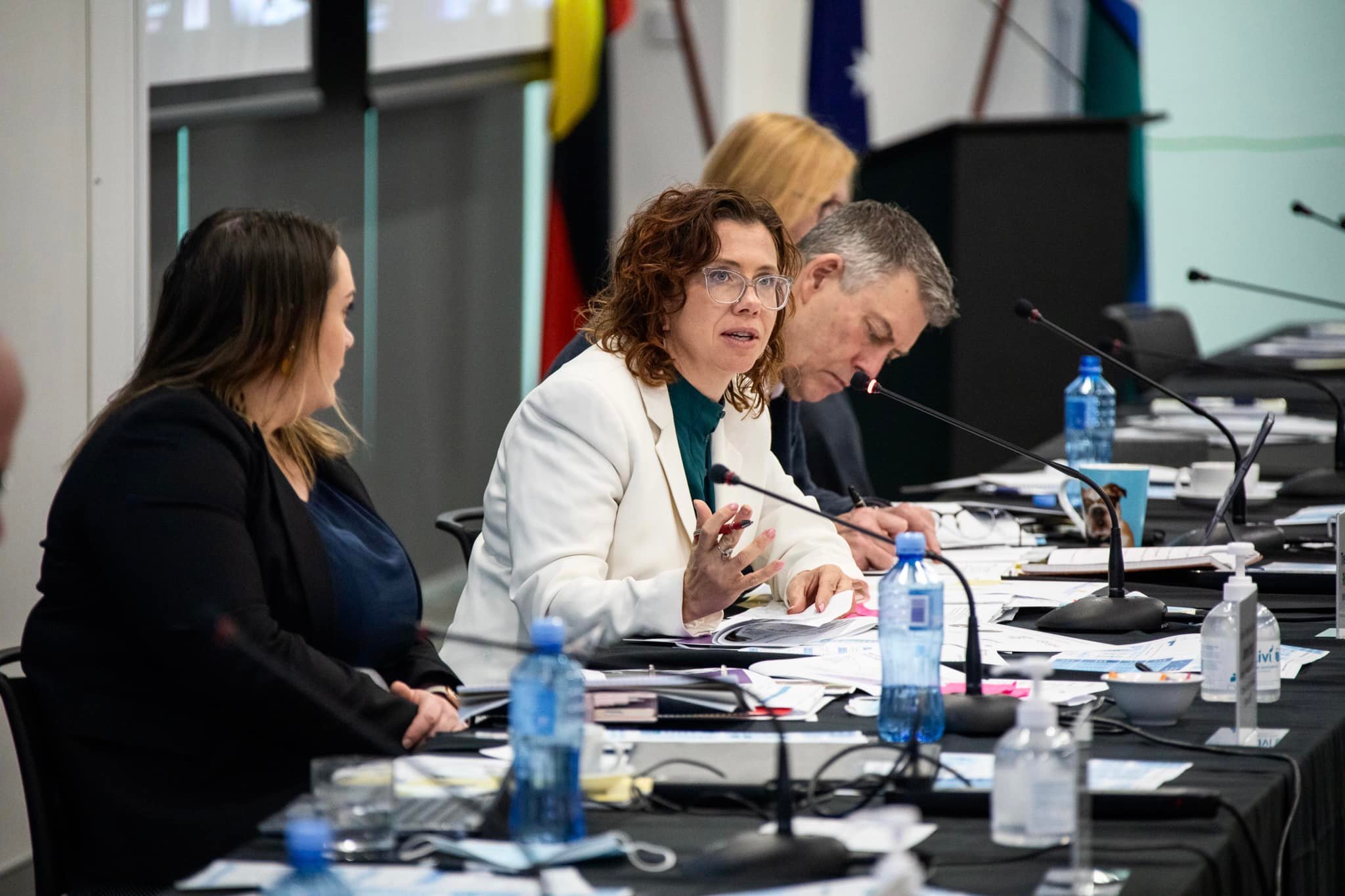The new set of rules in the National Consumer Protection Framework that have been agreed upon by all states and territories will apply to companies offering betting using apps or websites for all TV, video, digital, radio, print, social media and in-app advertising.
Some of the other taglines include “What are you prepared to lose today? Set a deposit limit” and “You win some. You lose more”. The other four taglines are “Imagine what you could be buying instead”, “What’s gambling really cost you?”, “Think. Is this a bet you want to place?”, and “What are you really gambling with?”.
Online gambling companies currently tell users to “gamble responsibly” in advertisements and will need to replace that with the new messages in their ads from early next year.
In most cases the new ads must also have the advisory “For free and confidential support call 1800 858 858 or visit gamblinghelponline.org.au”.

Social Services Minister Amanda Rishworth said evidence shows the current tagline is not effective enough in “getting people to think and to minimise harm”. She said extensive research was conducted by behavioural experts for two years and there were more than 800 people consulted on these new taglines.
According to a report from Central Queensland University, online users have higher rates of problem gambling, at 3.9 per cent compared to 1.4 per cent of gamblers using poker machines.
A poll by the Australia Institute found 71 per cent of 1,000 respondents agreed gambling TV advertisements should be banned.
The government recently opened a parliamentary inquiry into online gambling and its harms. Rishworth said the taglines will be one of “many steps” to address online gambling.






